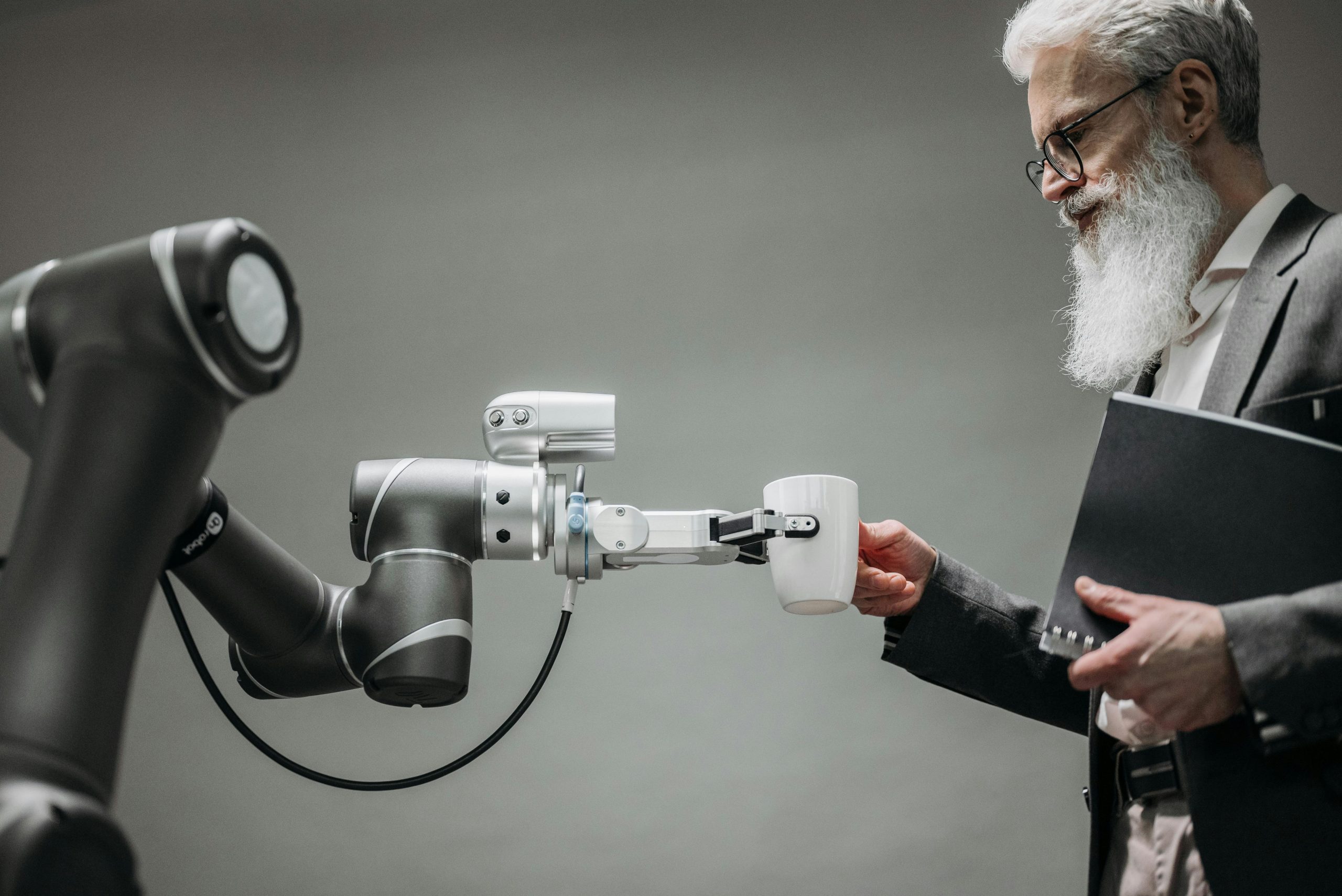OpenAI makes ‘Robot Store’ available: millions of free chatbots for creative AI experiments

We are experiencing rapid development in the world of artificial intelligence, and one of the key players in this sector is OpenAI. Their ChatGPT service, which uses generative AI, has become one of the fastest growing products in history. The head of the company himself, Sam Altman, told the press in November that it has over a hundred million active users per week. This huge user base means huge potential for experimentation and innovation.
One of these new ventures is the “bot store,” recently launched by OpenAI. Although they officially call it a store, all items in it are free. The idea is to allow users to create and test millions of chatbots that can receive instructions or ask questions. This initiative has the potential to greatly enrich the user experience of ChatGPT.
The most popular “bots” include tools for searching scientific studies, reading information from PDFs, programming, or creating graphic designs. Expectations around this “store” have been high, similar to the launch of Apple’s App Store in 2008, which had a big impact on the success of the iPhone. However, some skeptics see this initiative as more of an experiment than a business opportunity.
OpenAI’s promise to share profits with GPT authors raises curiosity and anticipation, but for now the revenue program is only expected to be available in the US. Many hope that this initiative will bring new business opportunities and support for GPT creators, which could lead to further development of the technology.
However, there are also views that “customized chatbots” may not prove successful and may cause problems related to content moderation, complaints and fraud. Bindu Reddy, developer and head of AbacusAI, points out that OpenAI should focus on developing general AI and stay true to its original direction.
While ChatGPT and the “robot store” open up new possibilities for the use of AI, it will be interesting to see how this initiative evolves and what its impact will be on the field of AI and human-machine interaction.
Photo source: www.pexels.com
Author of this article
WAS THIS ARTICLE HELPFUL?
Support us to keep up the good work and to provide you even better content. Your donations will be used to help students get access to quality content for free and pay our contributors’ salaries, who work hard to create this website content! Thank you for all your support!





OR CONTINUE READING